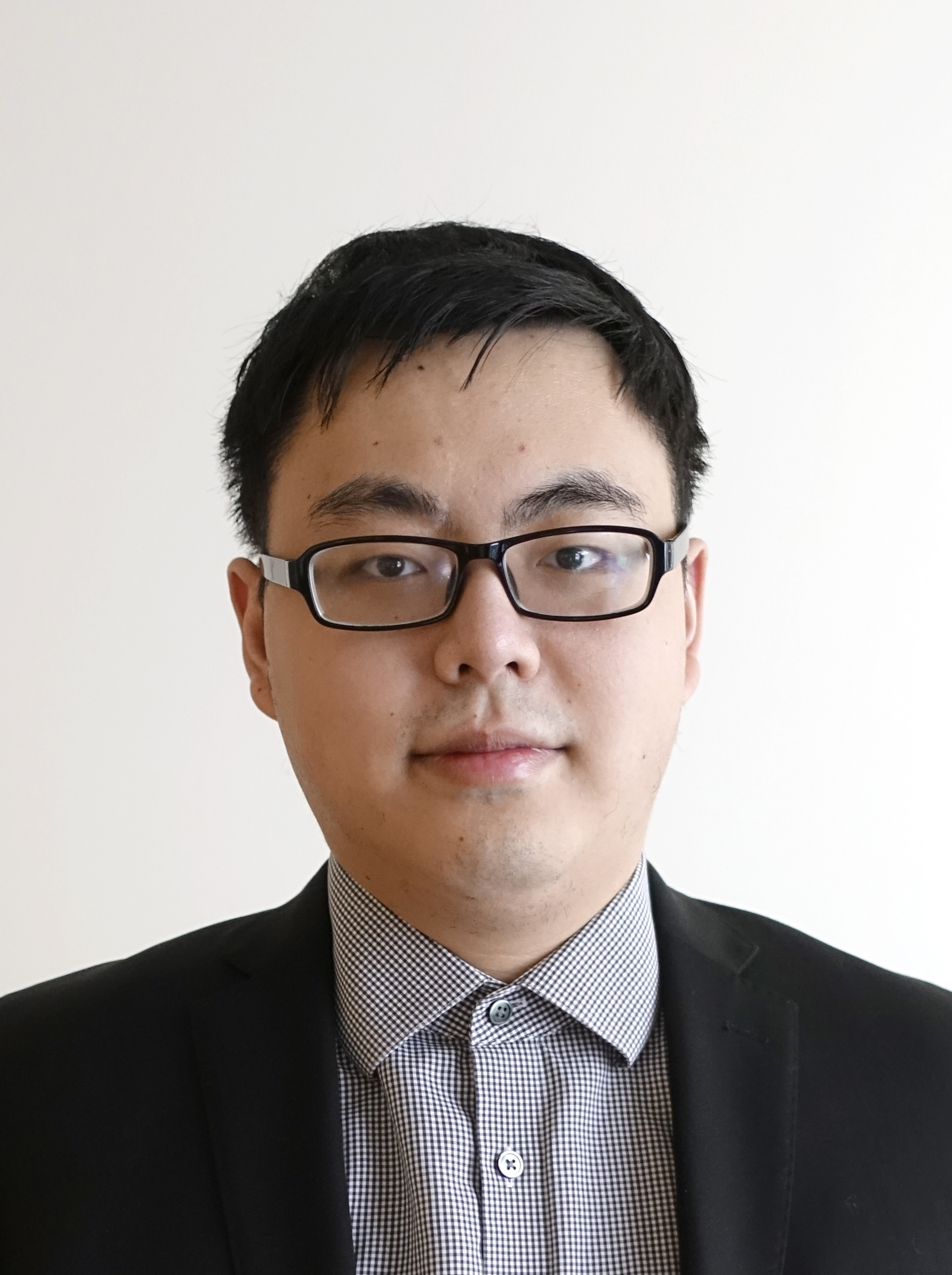Synthesis and magnetic properties of some functionalized trispyrazolylborate complexes of iron and cobalt by Chenyang Ma, Graduate Student, Besson Lab, GW Department of Chemistry

The Department of Chemistry Presents, via Online Zoom Presentation: Chenyang Ma, Graduate Student, GW Department of Chemistry, Besson Lab
Paramagnetic transition metal complexes are attracting significant attention for their potential
applications in electronic devices. To further explore the potential candidates, I will present a
family of nitro & amino-substituted complexes based on the rigid and air-stable
bis(trispyrazolylborate)metal (II) framework, with a special attention given to the complexes of
iron and cobalt. The iron complexes display thermal reversible transition between high and low
spin states (spin crossover), while cobalt complexes can switch their magnetization (under
external magnetic field) between two states – “spin up” and “spin down” (they are single
molecule magnets, or SMMs) . These two series of complexes with magnetic bistability have
potential applicability in sensors, processing units and information storage devices.
Direct exchange reactions between nitro-pyrazole and the tetrabutylammonium
trispyrazolylborate (Tp - ) ligand or unfunctionalized [Tp 2 Fe] and [Tp 2 Co] complexes were
developed to give access to a variety of nitro-Tp ligands and nitro-complexes. The amino-
functionalized derivatives were obtained through the reduction of nitro groups. I will show how
the variation of the nature, position and number of the functionalities impacts the electronic
and steric properties of the ligands and in turn the magnetic properties of the complexes in the
solid state and in solution. Our systematic investigation, including XRD, electrochemistry, IR,
UV-vis spectrometry, SQUID and paramagnetic NMR, helps disentangle the electronic and steric
effects of substitution. Based on this investigation, we expect that further modifications of the
ligand backbone can be used to tune the molecular properties and adapt the complexes to a
desired working environment.
Bio
Chenyang received his B.A in Chemistry from Saint Louis University in St.Louis, MO. His current research under Prof. Claire Besson is the study of nitro and amino substituted trispyrazolylborate complexes of iron and cobalt for their spincrossover properties and single-molecule magnets properties.
This will be an Online Zoom Seminar.

